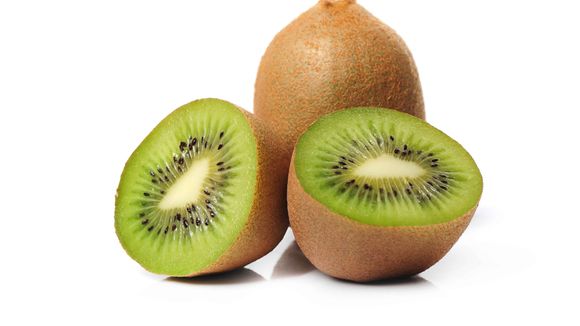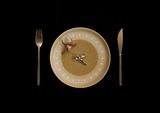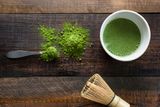The best fruits for weight loss
Rhubarb
Rhubarb is actually a vegetable, but in Europe and North America it is often prepared as a fruit. [ [ref. 1] ] Represents the fleshy edible stems of species and hybrids Rheum of the Polygonaceae family, which are prepared and used for food. The whole plant – a perennial herbaceous plant growing from short thick rhizomes – is also called rhubarb.
Although it has only 11 calories per stalk, it still contains almost 1 gram of fiber and almost 20% of RDI for vitamin K. In addition, rhubarb fiber can help reduce high cholesterol, which is a common problem for people struggling with excess weight.
In a study of 83 people with atherosclerosis - a disease of the arteries - those who were given 23 mg. dried rhubarb extract per kilogram of body weight (50 mg per kg) for six months, had a significant decrease in cholesterol and improved function of blood vessels.
Kiwi
Kiwis (Actinidia Deliciosa) are small, brown fruits with a bright green or yellow core and small black seeds. Very rich in nutrients, kiwi is an excellent source of vitamin C, vitamin E, folate and fiber and has significant health benefits. [ [ref. 2] ]
In one study, 41 people with prediabetes consumed two golden kiwis a day for 12 weeks. They had higher levels of vitamin C, lowering blood pressure and reducing waist circumference by just over 3cm. [ [ref. 3]
Further studies note that kiwis can help control blood sugar, improve cholesterol and support gut health - any additional benefits for weight loss. [ [ref. 4] ]
Melons
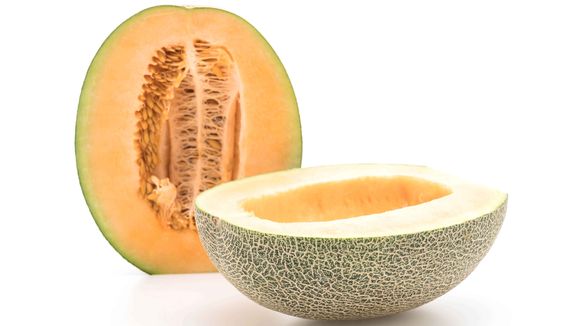
Melons are low in calories and high in water, which makes them very suitable for weight loss. Just 1 cup (150-160 grams) of melon, such as honey dew or cantaloupe varieties, provides a modest 46-61 calories.
Although low in calories, melons are rich in fiber, potassium and antioxidants, such as vitamin C, beta-carotene and lycopene. [ [ref. 5] ]
Oranges
Like all citrus fruits, oranges (Citrus sinensis) are low in calories, but high in vitamin C and fiber. Besides, they're very saturation. However, it is recommended to eat whole fruits - instead of drinking fruit juices from a squeezed orange. This leads not only to the control of hunger and calorie intake, but also to an increased sense of satiety. [ [ref. 6] ]
Bananas
In weight loss mode, some people avoid bananas (Musa Balbisiana) due to their high sugar and calorie content. [ [ref. 7] ] Although bananas are more caloric than many other fruits, they are also richer in nutrients, delivering potassium, magnesium, manganese, fiber, numerous antioxidants and vitamins A, B6 and C. [ [ref. 8] ]
Avocado
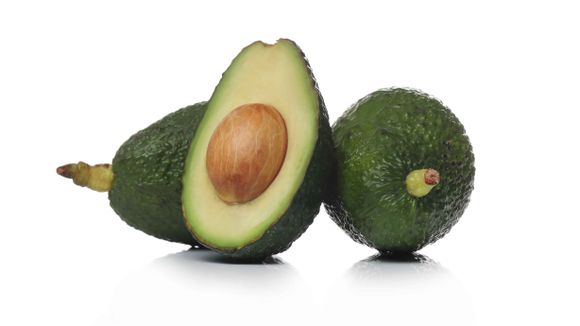
Avocados are a greasy, caloric fruit grown in warm climates. Half an avocado (100 grams) contains 160 calories, making it one of the most calorific fruits. The same amount provides 25% of RDI for vitamin K and 20% for folate.
Despite its high calorie and fat content, avocados can promote weight loss and contribute to its beneficial fats for better health. [ [ref. 9] ]
